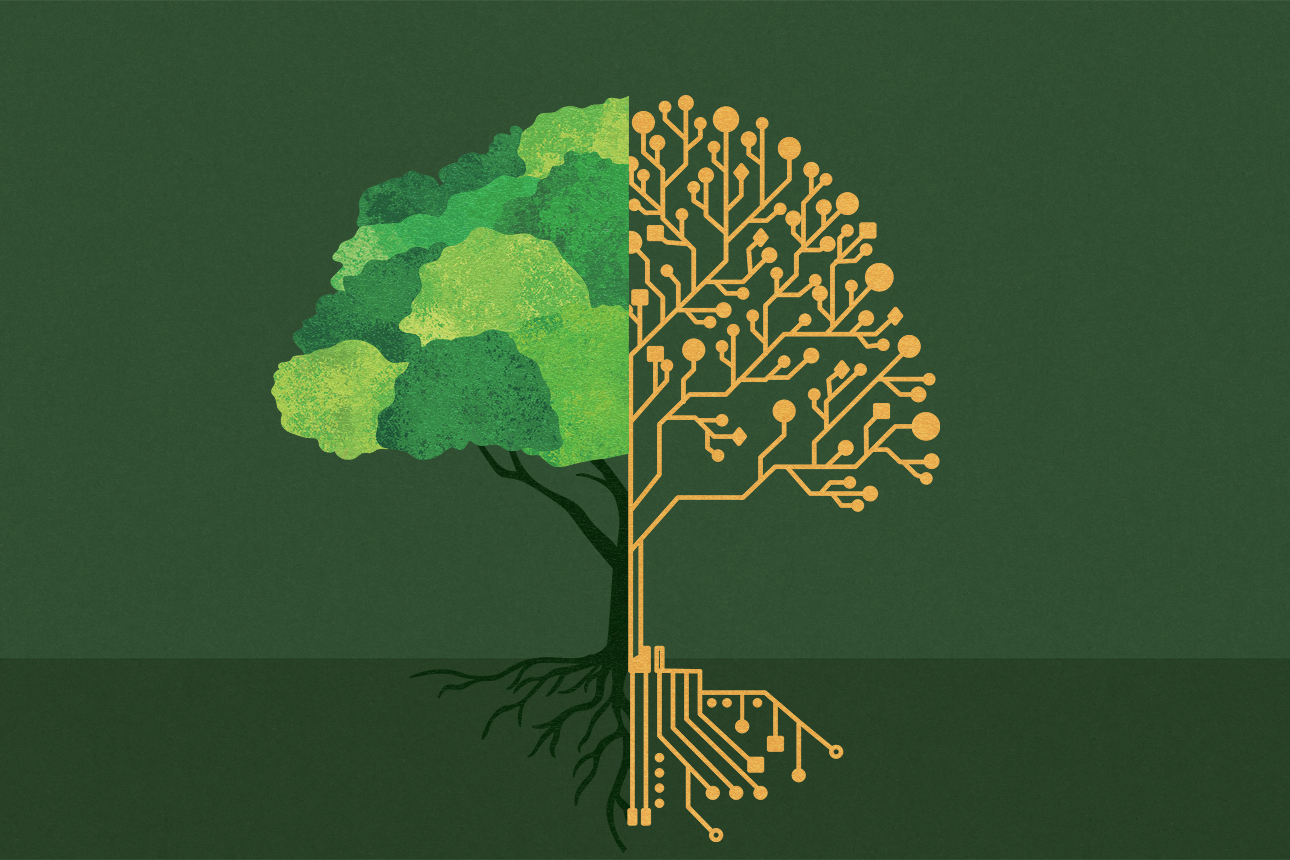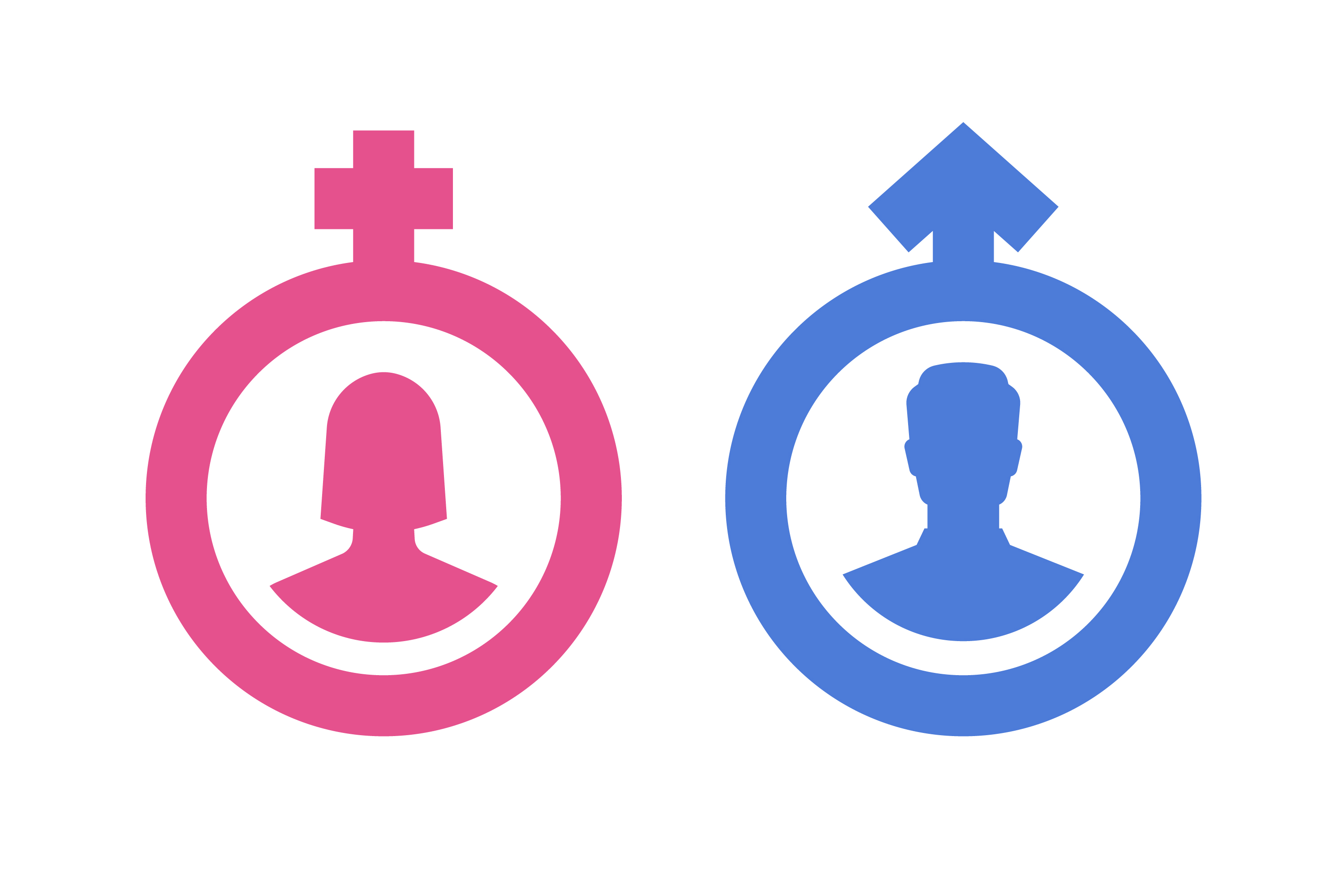Trust in traditional healthcare providers remains high, but Americans are increasingly turning to AI for health information, according to new data from the Annenberg Public Policy Centre (APPC).
While 90% of adults trust their personal health provider, nearly 8 in 10 say they are likely to look online for answers to health-related questions. The rise of the internet gave the public access to government health authorities such as the CDC, FDA, and NIH.
Although trust in these institutions dipped during the Covid-19 pandemic, confidence remains relatively high at 66%–68%. Generative AI tools are now becoming a third key source of health information.
AI-generated summaries — such as Google’s ‘AI Overviews‘ or Bing’s ‘Copilot Answers’ — appear prominently in search results.
Despite disclaimers that responses may contain mistakes, nearly two-thirds (63%) of online health searchers find these responses somewhat or very reliable. Around 31% report often or always finding the answers they need in the summaries.
Public attitudes towards AI in clinical settings remain more cautious. Nearly half (49%) of US adults say they are not comfortable with providers using AI tools instead of their own experience. About 36% express some level of comfort, while 41% believe providers are already using AI at least occasionally.
AI use is growing, but most online health seekers continue exploring beyond the initial summary. Two-thirds follow links to websites such as Mayo Clinic, WebMD, or non-profit organisations like the American Heart Association. Federal resources such as the CDC and NIH are also consulted.
Younger users are more likely to recognise and interact with AI summaries. Among those aged 18 to 49, between 69% and 75% have seen AI-generated content in search results, compared to just 49% of users over 65.
Despite high smartphone ownership (93%), only 59% of users track their health with apps. Among these, 52% are likely to share data with a provider, although 36% say they would not. Most respondents (80%) welcome prescription alerts from pharmacies.
The survey, fielded in April 2025 among 1,653 US adults, highlights growing reliance on AI for health information but also reveals concerns about its use in professional medical decision-making. APPC experts urge greater transparency and caution, especially for vulnerable users who may not understand the limitations of AI-generated content.
Director Kathleen Hall Jamieson warns that confusing AI-generated summaries with professional guidance could cause harm. Analyst Laura A. Gibson adds that outdated information may persist in AI platforms, reinforcing the need for user scepticism.
As the public turns to digital health tools, researchers recommend clearer policies, increased transparency, and greater diversity in AI development to ensure safe and inclusive outcomes.
Would you like to learn more about AI, tech and digital diplomacy? If so, ask our Diplo chatbot!










